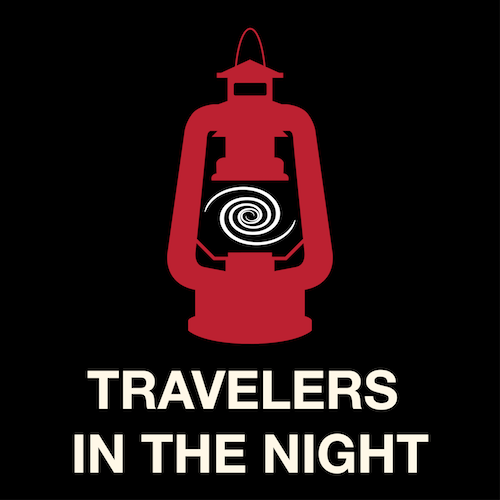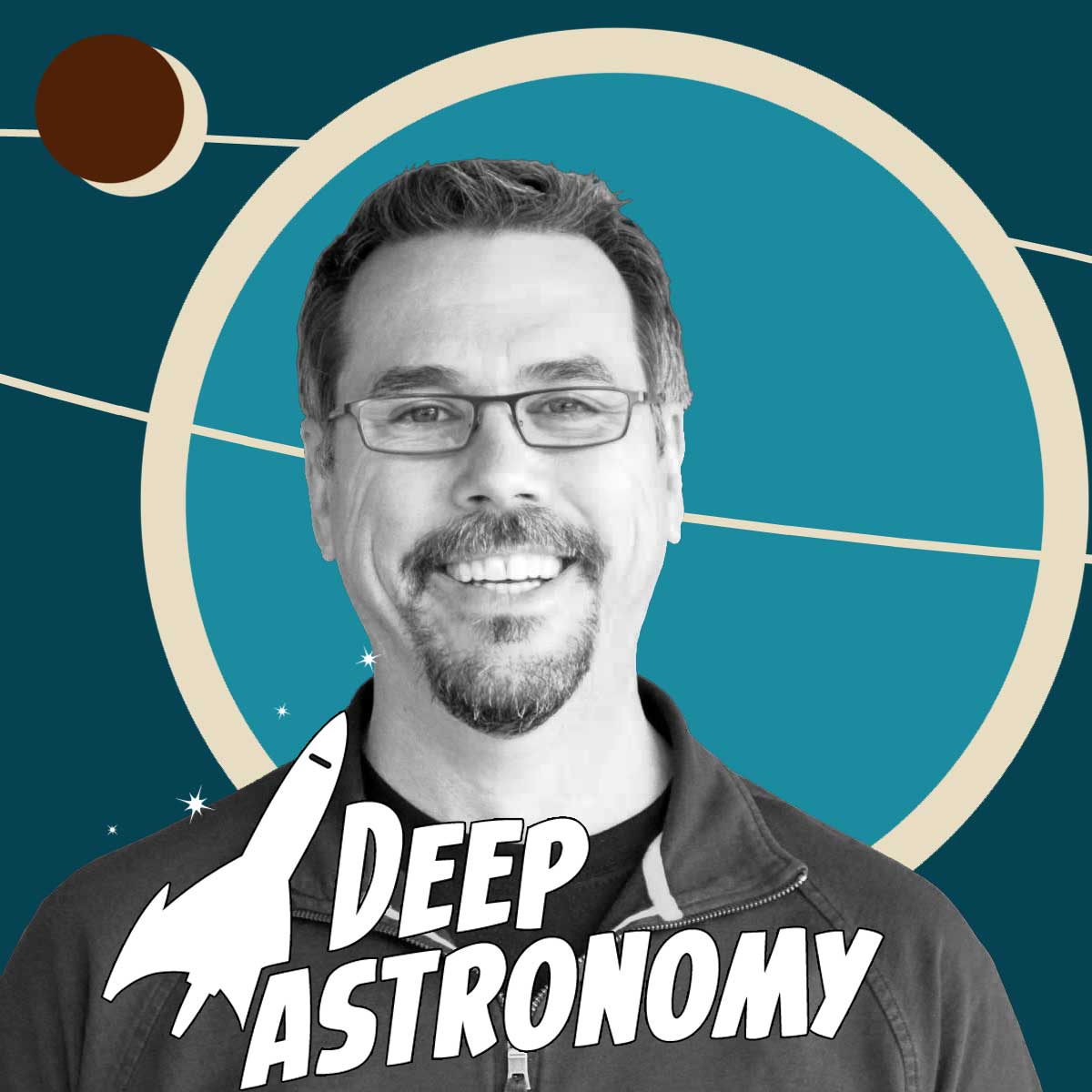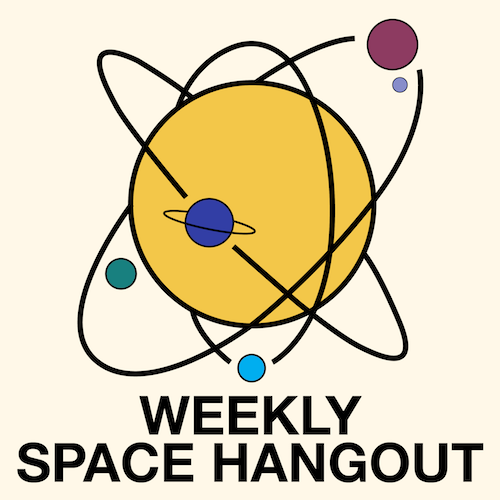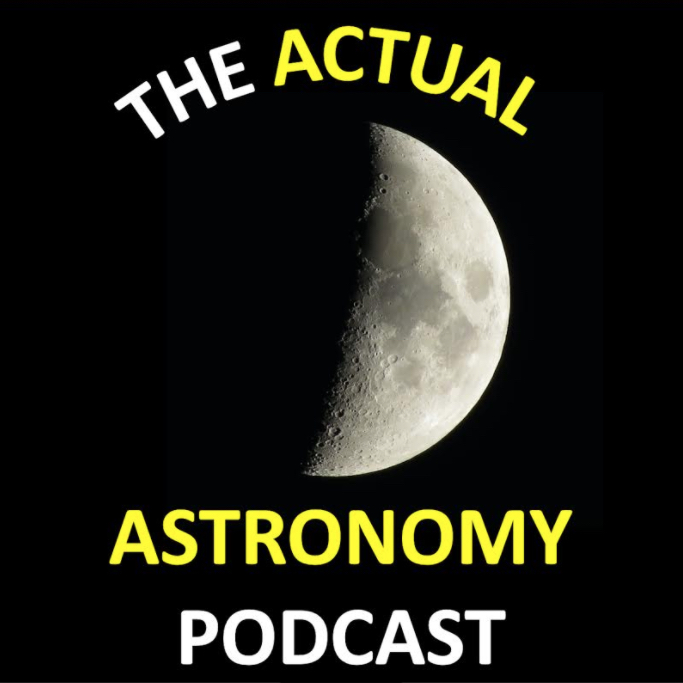Today’s Episode
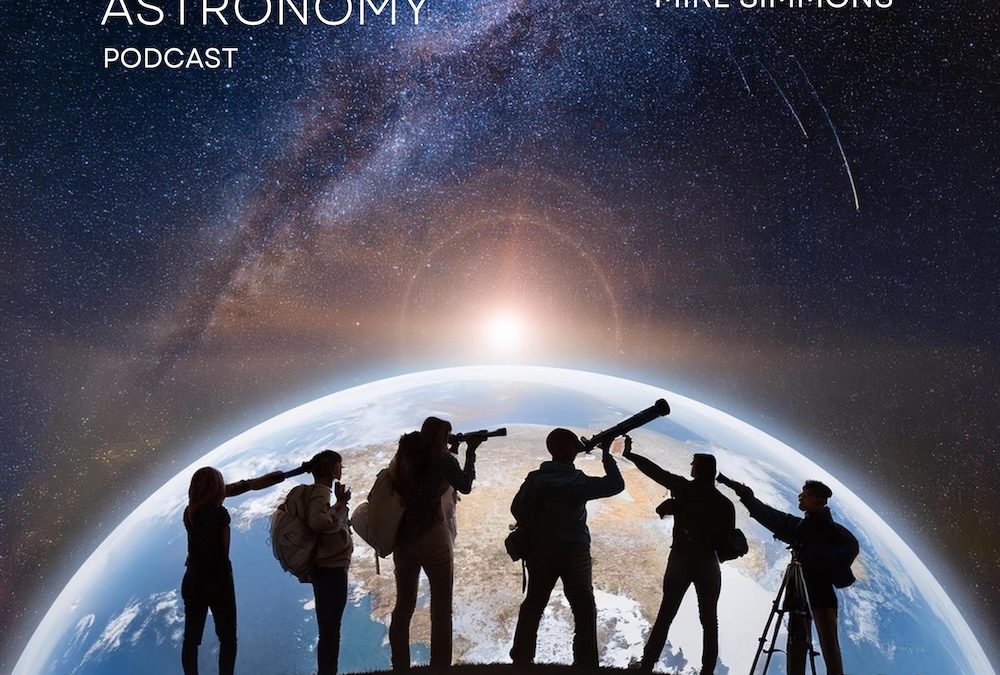
Dec 11th: Susan Murabana & Daniel Chu Owen
Today, Mike discuss with Susan Murabana Owen & Daniel Chu Owen and explores how the Traveling Telescope is revolutionizing astronomy education and outreach across Kenya.
Subscribe & Follow
Project Director: Avivah Yamani
Audio Engineer: Richard Drumm
Executive Producer: Pamela L. Gay
Learn more about us on our
Credits and Sponsors page.
We are a community podcast,
bringing you the voices of astronomy & astronomy lovers,
everyday of the year.
More Recent Episodes
Jun 19th: Lurking & Atmospheric Gravity Waves
This week Travelers in the Night presents story about the discovery of 2,200’ diameter 2020 PC5 and gravity waves
Jun 18th: NASA’s DART Mission: Protecting Earth From Hazardous Asteroids
DART is a planetary defense-driven test of technologies for preventing an impact of Earth by a hazardous asteroid. DART will be the first demonstration of the kinetic impactor technique to change the motion of an asteroid in space.
Jun 17th: CREW HaT: An Answer to Radiation Shielding?
Can a sufficiently strong magnetic field be generated aboard a spacecraft? Find the answer on today @WSHcrew discussion with Dr. Elena D’Onghia. Also news update about GAIA 3rd data release, SLS, and Starship. #365DaysOfAstro
Jun 16th: Observing Double Stars
Today Actual Astronomy presents double stars with special guest observer Blake Nancarrow who is the National Observing Chair for the RASC. From easy splits to tough cuts we review some of Blake’s favourites and talk about the list he has authored for observers of all levels.
Jun 15th: Awesome Astronomy June 2022 Space Exploration Show
Time for June Space Exploration show with @AwesomeAstroPod. This month we have China’s Tiangong space station, Artemis 1, France joins Artemis Accord, moon suit development. Also how many people can you get on the ISS?
Jun 14th: Found: Dying Galaxies Containing Active Black Holes
Astronomers combined observations of far distant galaxies exhibiting no signs of star formation and found active supermassive black holes that may have contributed to the evolution of their parent galaxies. Plus, rocket launches, detecting earthquakes, and why Uranus and Neptune are different shades of blue.


